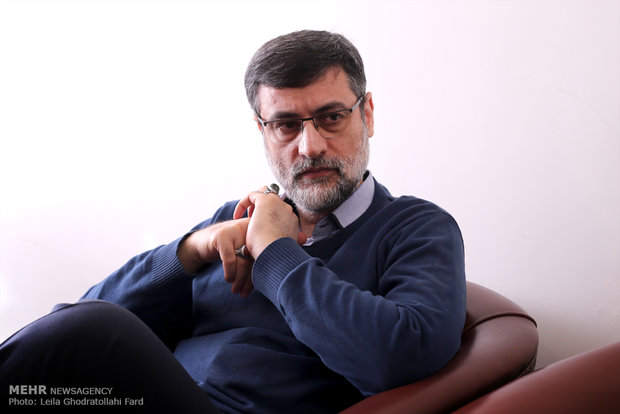In yesterday's open session of the Parliament, the plan of Iran’s withdrawal from the Non-Proliferation Treaty (NPT) was put at the agenda of members of the Parliament, MP Amirhossein Ghazizadeh told Mehr News Agency on Wednesday.
Once this plan is approved by members of the Parliament, the government of the Islamic Republic of Iran is duty-bound to revoke implementation of all requirements as stipulated in the Non-Proliferation Treaty (NPT) immediately in order to take countermeasure against violation of US and European commitments under the Joint Comprehensive Plan of Action (JCPOA) if Iran’s nuclear case is sent to the UN Security Council (UNSC). The plan also forces the government to cut cooperation with the International Atomic Energy Agency, he said.
Moreover, the Ministry of Foreign Affairs and Atomic Energy Organization of Iran (AEOI) are entitled to submit a comprehensive report with regards to the measures taken on this law to the Iranian Parliament within one week after Iran’s nuclear program is referred to the UN Security Council, Ghazizadeh Hashemi highlighted.
After Britain, France, and Germany, collectively known as the E3, formally triggered a dispute settlement mechanism featured in the JCPOA, a step that could lead to the restoration of UN sanctions against the Islamic Republic, Iran warned that Tehran would leave the Non-Proliferation Treaty (NPT) if EU took Iran's nuclear case to UN Security Council.
“The European’s statement is in no way legal. If the Europeans take another step, Iran will consider leaving the NPT according to a letter by the Iranian president in May 2019,” Foreign Minister Mohammad Javad Zarif had said.
According to the EU’s foreign policy chief, the European Union will discuss ways to preserve the 2015 nuclear deal (JCPOA) and the possibility of triggering a dispute mechanism featured in it.
"There is agreement that more time is needed due to the complexity of the issues involved. The timeline is therefore extended," said Josep Borrell said in a statement on Friday.
"All agreed to pursue expert-level discussions addressing the concerns regarding nuclear implementation, as well as the wider impacts of the withdrawal of the United States from the JCPOA (the nuclear deal, officially known as the Joint Comprehensive Plan of Action) and its re-imposition of sanctions."
In a recent interview with Der Spiegel, FM Zarif stressed that the decision not to build a bomb does not derive from NPT. "It derives from our own moral and strategic convictions," he said, adding that the Leader of Islamic Revolution has issued a fatwa prohibiting weapons of mass destruction.
MNA


























Your Comment